For every action, there’s a reaction. Brexit, Trump, pro cycling dipping down to fan level for a gravel or mountain bike event. It was bound to happen, just human nature.
Recent news that EF Education First would have a few of their pros ride the Leadville 100, Three Peaks cyclocross race and maybe even the Dirty Kanza seemed like a breath of fresh air to me. Thanks to a number of intractable issues — team budget inequalities, dead sponsorship model, endless stakeholder feuds — interest in WorldTour bike racing has calcified. The sport is losing connection with the fans.
EF Education First and their new sponsor Rapha seem to have figured this out. So has Lotto-Soudal — in the form of Thomas de Gendt and Tim Wellens — who are riding the 1000 kilometers back home from the Il Lombardia Race and sharing the adventure with fans on social media.
The starting idea is to meet the fans where they are, rebuild the fan appeal and make the sport more viable for sponsors. And by the way, this isn’t just teams and riders figuring out the obvious, even cycling journalists are playing the new game.
So, first and only question: what’s the downside? Since I’ve spend my entire career in advertising and branding, my perspective is this is brilliant. But naturally, not everyone thinks so. The venerable Rouleur just posted an article that took a largely negative slant on the trend.
First, they don’t think it’s great for pro cycling to drop its collective weight on a grass roots event. “Pro-cycling’s land grab of lower-rent cycling realms like bike-packing and adventure racing risks carrying with it the associated ills of gentrification. Although the big buck point of view only sees good in bringing money and corporate brands into these communities, for inhabitants already there, the pros with their power, entourages and need for attention may make for disruptive and unwelcome neighbors.”
In my opinion, that seems excessively doomsday. We’re talking about a few riders who are showing up, like the retired pros who show up at every large grand fondo in the US, to have fun and engage with fans. This isn’t Team Sky taking over the Dirty Kanza.
Pro cycling needs to break out of its narrow view. Peter Sagan puts on a fantastic show but everyone else is entertainment pack fodder. Anything that opens up an audience for pro cycling is good. People see EF-Education First’s Lawson Craddock ride the Leadville 100 and they’re far more interested to see how he does in the Vuelta.
As a second point, Rouleur took a dim, cautionary attitude toward race organizers throwing more and more gravel roads into WorldTour races.. They cite the gravel-ization of Paris-Tours, traditionally a pan flat sprinters race, as the latest slap in the face of tradition.
The highlights of their argument: “The implication is clear: the traditional road racing model is just not grabbing enough attention any more… in this day and age of creating constant narrative, riders, teams and races are toeing around the conventional margins of the sport to test where the gimmicks are.”
Rouleur then invoked the classic “slippery slope” argument that pushed things to an absurd level. “But if this a trend: trendlines slope. What next? A steeper world’s climb? An even more remote stage finish? A Grand Tour start in a war zone? A World Tour team ripping up the local church bike ride? A trans-Siberian training camp? A glacier descent off Alpe d’Huez? (I have to inject that the year’s preposterous Giro start in Jerusalem was in fact largely a war zone.)
Now, I love and respect Rouleur; I have several back-issues stacked on my bedside table. There’s always great writing and photography and a veneration for the sport’s rich history. Nobody does that better than Rouleur. That said, we live in incredibly disruptive times as technology is changing the way everything is done — and that includes sports and entertainment. There’s just no denying that certain changes are inevitable — today nobody is going to watch the first 225 kilometers of Paris-Tours. People don’t watch things where nothing happens.
Just today, Andy Hood at Velonews wrote a story headlined Is the Tour de France in Trouble? He cites an across the board drop in viewership in a majority of countries. The number of roadside fans was visibly down. Sky’s dominance has created a sense of boredom and inevitability. There were fears of a terrorist attack hanging over the event for three weeks. Chris Froome’s shocking acquittal on his salbutamol case also cast a negative light on the race and soured fan’s enthusiasm.
There’s a lot to unpack there but one message is that pro cycling needs to make fans fall in love with the sport again. If that means more gravel, cobblestones and crazy gradients, then so be it. We live in a time where all entertainment has been ramped up in intensity and if pro cycling wants to ignore that, then yes, you will be ignored. There’s a balance to be struck between the rich history of the sport and staying relevant to a global audience. If pro cycling lives in the past, then there’s really not much of a future.
Bring on the damn gravel.

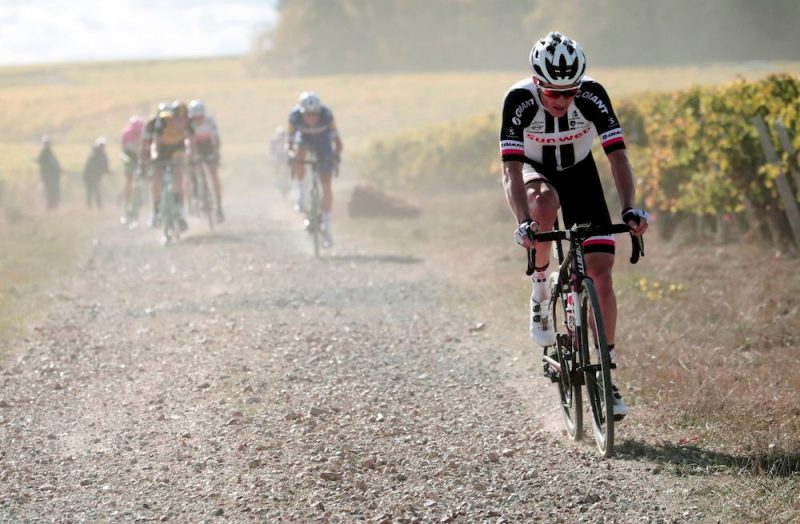
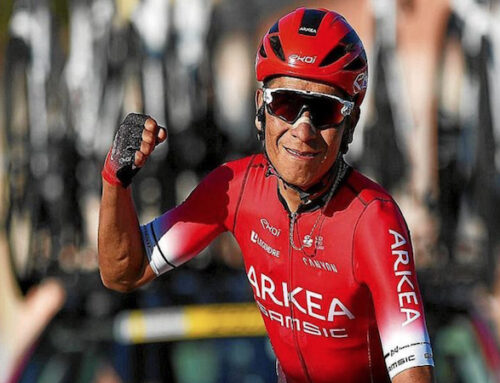
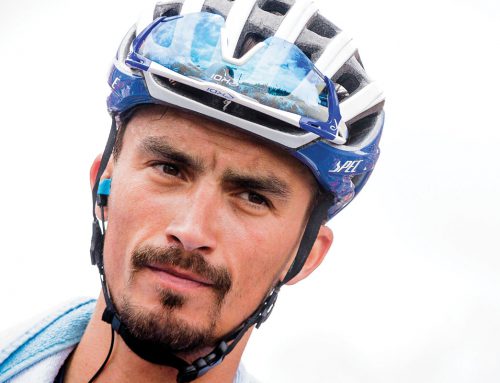
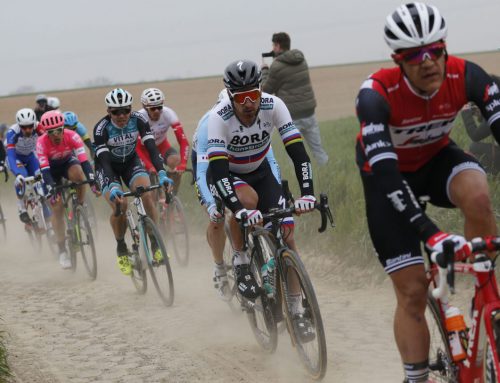
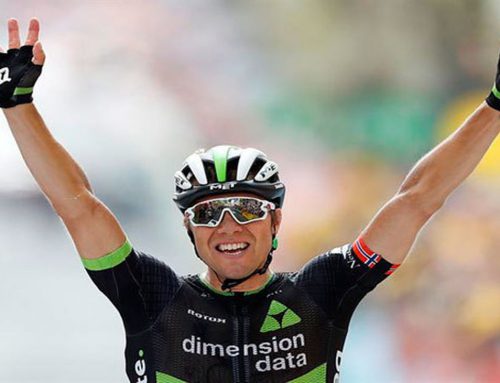
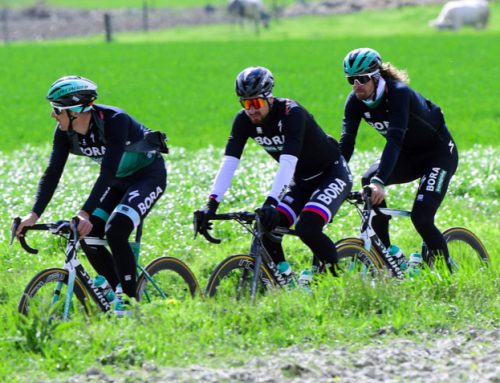
Leave A Comment